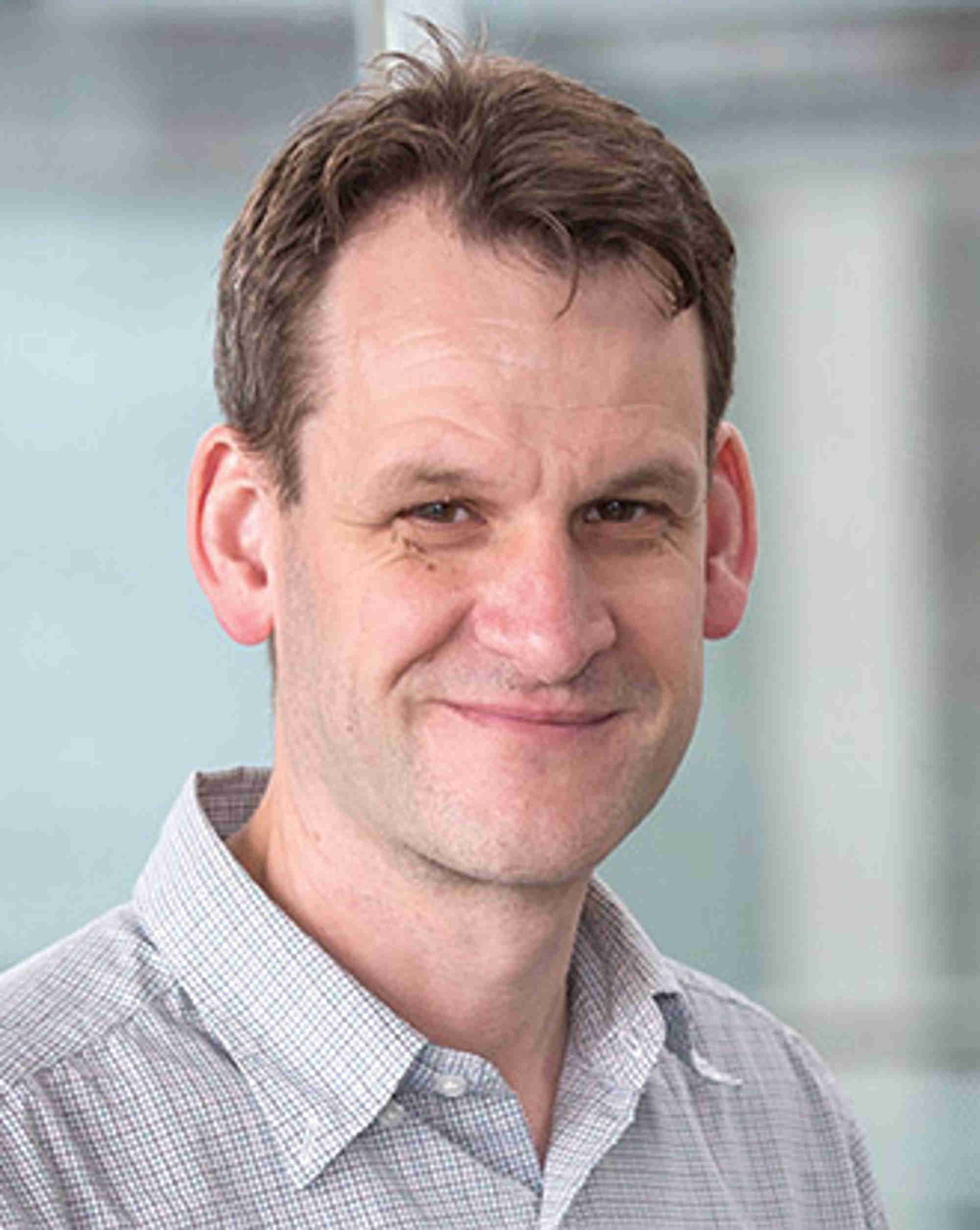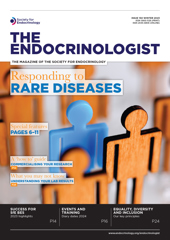Kevin Murphy is Professor of Endocrinology and Metabolism at Imperial College London. His research focuses on how nutrient sensing in the gut regulates appetite and glucose homeostasis. Professor Murphy has been chosen by members as the Society’s first Events and Training Officer-Elect, to chair our new Events, Training and Skills Committee. He will work with Robert Semple, the Programme Secretary, until Professor Semple stands down at the SfE BES conference in March 2025.
What attracted you to endocrinology?
The glamour, mostly… Well, I suppose it crept up on me. After my undergraduate degree, I ended up working as a technician in a department full of endocrinologists. I got interested in the regulation of energy and glucose homeostasis, which are controlled by hormones. After a while, you start to realise that hormones pretty much do everything: any kind of physiological system or medical specialty, there’s a hormone for that (usually there are several).
What have been your career highlights so far?
The science is fun, but I also like the supervisory and support aspects of the job. It’s been nice seeing early career members from my lab go on to bigger and better things. And I enjoyed working in the team who reviewed gender inclusion at the SfE BES conference and came up with some practical approaches to improve it.1
How did you first get involved with the Society?
I joined as a PhD student, because most of my department went to the SfE BES conference every year. I found the conference provided a very helpful introduction to the field (and the Society was very generous with travel funding for students). Later, I applied for a position on the Science Committee, and I seem to have been involved in some shape or form ever since.
'I enjoyed working in the team who reviewed gender inclusion at the SfE BES conference and came up with some practical approaches to improve it.'
Tell us about your role as Events and Training Officer − why is this new position needed?
We are trying to ensure that the Society offers its diverse membership what they want and need. Our aim is to provide training and organise events for our members in the NHS (doctors, nurses and other healthcare professionals) and scientists in academia and industry. And we want to do this across a range of roles and levels of experience, from seasoned consultants to undergraduate students. The Society’s previous committee structure wasn’t well-suited to co-ordinating all these different potential offerings, so that’s what this new role is designed to do.
What do you think are members’ key training challenges?
For scientists, it is helpful to have opportunities to learn about new techniques and then to go and be taught how to actually do them by other researchers. In the case of early career scientists in particular, the transition to academic positions is always challenging. Any support we can provide for people at that stage will be useful.
For those in healthcare, how we deliver good care is always changing, and we need to help our members keep up with that, and to be responsive to the opportunities for professional development that they want.
Really, I’m hoping our members will tell us what they most value, so we can try to provide it.
'Governance is a very dry-sounding word, but really it is just about helping to run stuff.'
What do you hope to achieve during your term?
I want us to offer courses and events that mean all Society members feel included and that their Society membership is valuable to them. I think the Society has made great progress with equality, diversity and inclusion in recent years, but I’d like to do what I can to improve that further, at flagship events like the SfE BES conference, and across the whole range of support we can offer to all of our members. And hopefully not to break anything valuable.
Why did you get involved with the Society governance, and why should other members do the same?
Governance is a very dry-sounding word, but really it is just about helping to run stuff. It’s nice to listen to people’s ideas about how the Society can better serve its members, and to work with the Society and the committees to think about how we can make this work − and then to help put those ideas into practice.
Also, I wanted the opportunity to become crazed with power!
REFERENCE
- Salem, V et al. 2021 The Lancet Diabetes & Endocrinology 9 556−559.
In this issue: Equality, Diversity and Inclusion at the Society






